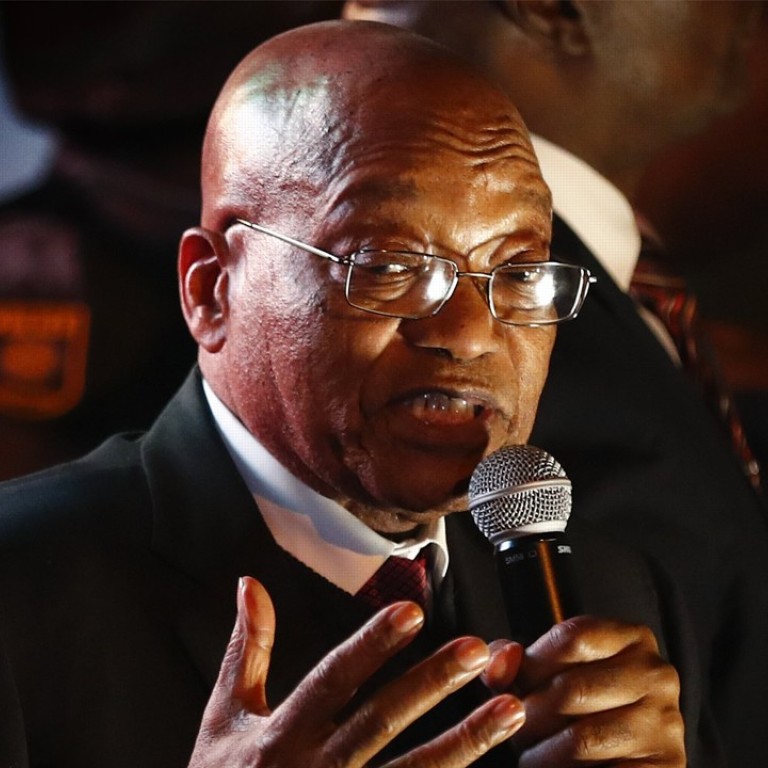
A pyrrhic victory for South African leader Jacob Zuma
The president may have survived another no-confidence vote in parliament but come the next elections, his party, the African National Congress, may pay a price at the ballot box
President Jacob Zuma can thank his critics’ loyalty to the ruling African National Congress (ANC) for his survival in a no-confidence motion in the South African parliament. In a silent indictment of Zuma on allegations of corruption and cronyism, ANC MPs who opposed the move to force him out made no attempt to defend his record. Instead they attacked his opponents and characterised the motion as an attempt to oust from government the movement that overthrew the former apartheid regime and achieved majority rule under Nelson Mandela.
Zuma’s removal would have forced ANC factions to agree on a new president within 30 days, or face an election divided and in disarray. Despite the protection of a secret ballot, not enough ANC MPs were prepared to take that risk. Nonetheless, dozens of ANC lawmakers supported the motion, which Zuma defeated by 198 votes to 177, less than a majority of a 400-member parliament in which the ANC holds 249 seats.
The vote is the eighth Zuma has survived since taking office eight years ago, during which he has ridden out criminal probes and corruption allegations, been forced by the top court to repay the state for the cost of lavish upgrades to his home, and sacked respected finance minister Pravin Gordhan amid warnings of improper dealings between the state and business interests over government contracts.
Last year, in local polls , the ANC turned in its worst election performance since the first democratic election in 1994 as it lost control – across socio-economic lines – of the commercial hub Johannesburg, the capital Pretoria and the industrial city Port Elizabeth, raising the risk of losing national elections in 2019. The question is, where now for the ANC? Zuma is in his second and final term. His enemies have failed to have him removed before a party vote in December on his replacement as leader, when he is expected to back former wife and ANC veteran Nkosazana Dlanimi-Zuma to succeed him and preserve his influence.
Given the damage wreaked by scandals and the challenge of economic stagnation, clean and competent leadership is paramount. Millions remain disillusioned with the promise of a better life under majority rule. Frustration mounts over poverty and unemployment – with one in three people living on or below the poverty line and one in four jobless – the lack of decent government services and the dearth of hope. Africa’s richest economy has tipped into recession and Gordhan’s sacking triggered the downgrading of its credit rating to junk status, when the rest of Africa is competing for investment. Unless the party cleans up its act and focuses on delivering the promise of liberation for millions, Zuma’s victory may yet cost the ANC at the next elections.

